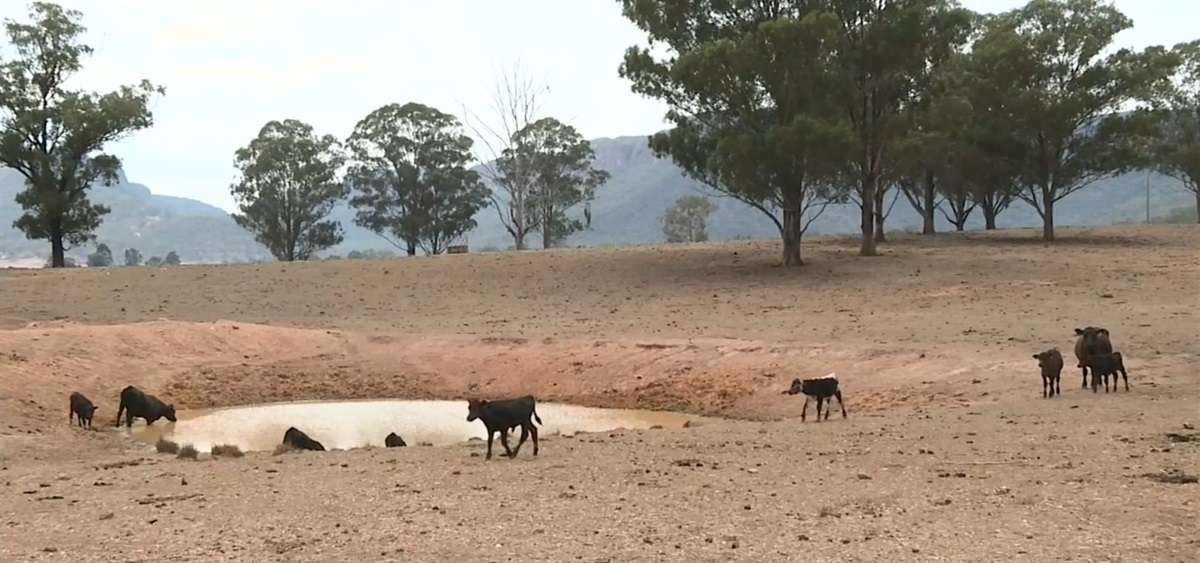The McGowan Government is funding research into four new, innovative approaches to health care aimed at providing evidence to inform sweeping changes to testing, diagnosis and treatment of patients with a range of health conditions.
The Translation Fellowships program is funded through the McGowan Government’s Future Health Research and Innovation Fund, which provides a secure source of funding to drive health and medical research, innovation and commercialisation.
The program supports translational research in two streams: Aboriginal health, and country and regional WA health.
Translation Fellowships totalling more than $2.2 million have been awarded to four recipients to facilitate research discoveries that have the potential to result in new approaches to health promotion and health care.
Funding will be injected into the projects over a three-year period and can be used for salary and research costs.
Aboriginal children skin infections
(Dr Timothy Barnett, Telethon Kids Institute on behalf of the Centre for Child Health Research at The University of Western Australia)
Half of all Aboriginal children suffer the burden of skin infection which can lead to severe illnesses including blood infections and autoimmune diseases such as rheumatic heart disease. To combat this, clinicians need to identify resistant infections early for alternative antibiotics to be prescribed. The aim of this Fellowship is to develop a rapid point-of-care diagnostic test, to allow for fast treatment that can reduce further harm caused by slow diagnosis of skin infections in Aboriginal children.
Aboriginal people life expectancy
(Dr Jonathan Bullen, Curtin University)
Aboriginal people have poorer health outcomes and are dying, on average, 10 years earlier than non-Aboriginal Australians. Many Aboriginal people face major challenges in accessing mainstream health services. This Fellowship aims to co-design and put in place digital technology solutions such as telehealth, that are culturally secure and support Aboriginal people to live healthy lives in their communities.
Infectious diseases in the country and regions
(Dr Tim Inglis, The University of Western Australia)
Emerging technologies are already being trialled in Perth hospitals to help bridge the gap between metropolitan teaching hospitals and WA’s country regions, when it comes to the burden of infectious diseases. This Fellowship aims to understand local factors that affect infection outcomes and bring new diagnostic methods to regional WA, increasing the benefits of technologies to deliver urgent results to healthcare workers responsible for immediate patient treatment.
Aboriginal women with prediabetes in pregnancy
(Emma Jamieson, The University of Western Australia)
This Fellowship aims to co-design a program with Aboriginal communities, highlighting the need for self-management or family support for pregnant Aboriginal women with prediabetes. Using three-way learning between Aboriginal community members, healthcare providers and researchers, management strategies will be co-designed to increase family support and facilitate Aboriginal women’s capacity to self-manage hyperglycaemia in pregnancy.
Details of the Translation Fellowships 2021 Program recipients can be found on the FHRI Fund website.
As stated by Medical Research Minister Stephen Dawson:
“It’s exciting to see the vision of these researchers and their passion to improve health care for Western Australians living in regional and remote areas of our vast State.
“A key feature of these projects is relationship-building within various Aboriginal communities to support healthy lifestyles.
“As part of the recent WA State Budget, more than $600 million has been dedicated towards strengthening services that deliver positive outcomes for Aboriginal people and communities.
“The significant investment, along with the Translation Fellowships, underlines the McGowan Government’s commitment to Western Australia’s Aboriginal Empowerment Strategy and the National Agreement on Closing the Gap.
“The enthusiasm from all involved to improve health care for those living in rural and remote areas is admirable, and I’m looking forward to the results of this research making a difference in our communities.”
As stated by WA Country Health Service Board Chair Dr Neale Fong:
“Fellowships are a unique way to entice researchers to develop new strategies and see them in practise to further develop quality care in our health system.
“WA Country Health Service welcomes these new approaches to improve Indigenous health care and engage new ways of addressing health challenges in remote areas.”







